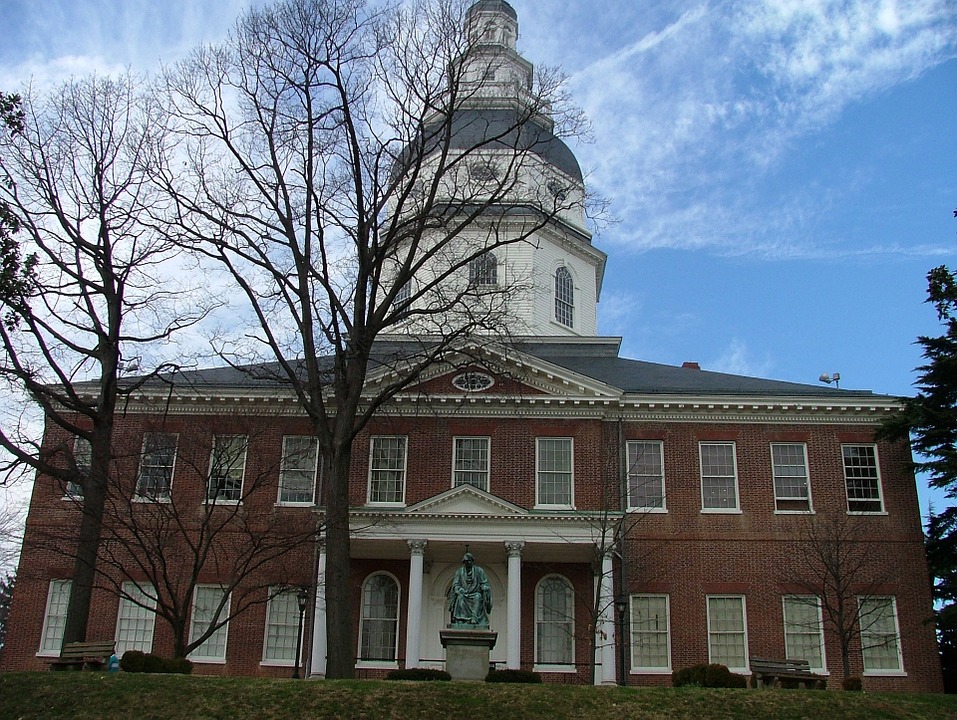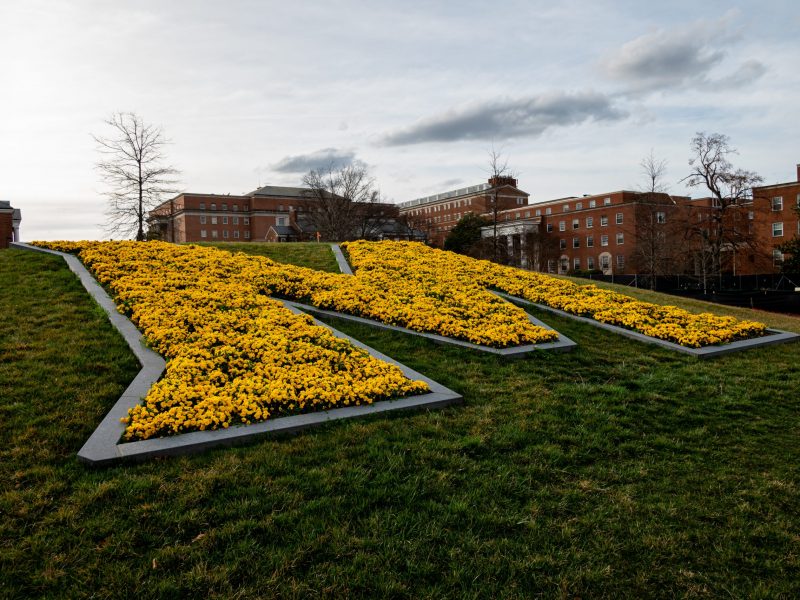The state of Maryland implemented new laws and policies Saturday that target driving under the influence and police accountability, among others.
The laws were passed during the 2016 legislative session of the Maryland General Assembly, said College Park Mayor Patrick Wojahn. Although the session ended in April, there is normally a gap between the time the bills are passed and the time they are implemented, he said.
Strategic partnership act
The University of Maryland’s partnership with the University of Maryland, Baltimore went into effect Oct. 1, creating a more unified system through the campuses’ sharing of resources while still maintaining two separate presidents.
Wojahn said he was content that the partnership allowed for university president Wallace Loh to remain president of the College Park campus.
“I think the great steps that we have taken together with the university over the past few years have a lot to do with the fact that Wallace Loh recognizes the challenges that we face in College Park and is here to work with us to address those challenges,” Wojahn said.
Alcohol-related legislation
One new policy is Noah’s Law, which states that any drivers who are convicted of driving under the influence of alcohol will have to blow into ignition Breathalyzer devices before their car will start. The device would be installed into the vehicle of anyone who blows the legal limit of .08 for at least six months. Drivers who refuse to take a Breathalyzer test will have to either install the ignition interlock device into their car for nine months or accept a nine-month driving suspension, according to the law.
Katie Dolan, a junior behavioral and community health major, said the legislation was a step in the right direction. Dolan is an active member of Maryland Discourse, a nonpartisan group that aims to get students more socially and politically aware through researching, discussing and debating politics, regardless of political affiliation or experience.
“Sometimes the decisions that we make when we are 17 or 18 aren’t always the most intelligent,” Dolan said. “Parents have the perspective where they can ensure the safety and look out for their kids in a way that the kids aren’t looking out for themselves.”
District 2 councilman P.J. Brennan went on to say that these laws could be useful, but there is still room for improvement.
“I think that our state needs to look more at opportunities to educate people … and figure out a way to pass on the knowledge of how to drink responsibly,” he said. “All of this kind of punitive stuff is good in the current context of laws, but we need to do more about educating our youth on responsible drinking.”
Police brutality
A police brutality law says there will be changes to the hiring, training and discipline of police officers in the wake of previous conflicts in Baltimore between citizens and law enforcement.
New officers must learn the application of anti-discrimination and use-of-force de-escalation training, according to NBC. While he doesn’t know much about the training, Wojahn said nationwide events regarding police brutality have proven the legislation’s importance.
Brennan agreed with the potential benefits of this law, but noted that it might not change anything for College Park.
“This law isn’t necessarily reflective of any issues that are present at least in the city of College Park at this time,” Brennan said. “We have a very involved community-oriented policing operation in our area where the police are very connected with the community and really approach each incident very professionally.”



